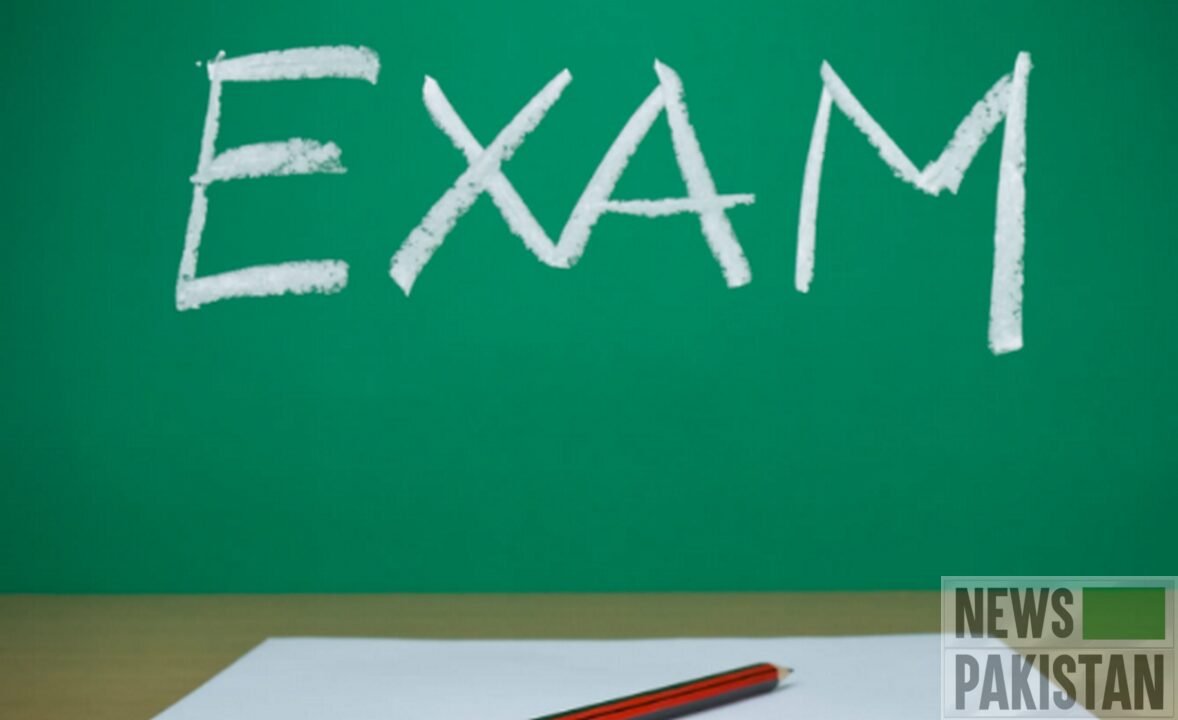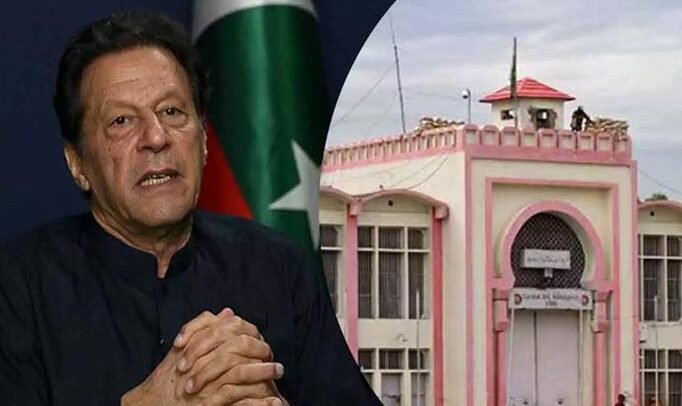KARACHI (UNESCO): There is a global education emergency that our current learning system is failing to address.
In addition, the largest disruption to education in history triggered by the COVID-19 pandemic has deepened a pre-existing crisis of inclusion, quality and relevance.
244 million children and youth worldwide are still out of school. There is a crisis in foundational learning, literacy and numeracy skills among young learners.
It is estimated that 60% of children globally are unable to read and understand a simple text by the age of ten.
And a new survey by UNESCO, UNICEF, World Bank and OECD finds that one quarter of countries have yet to collect information on children who have and have not returned to school since the pandemic started.
All of this paints a grim picture for learning, with millions of children, youth and adults still deprived of their fundamental right to quality education.
That is why the United Nations Secretary-General had convened the Transforming Education Summit (TES) to rally world leaders and put education at the top of the political agenda.
It aims to mobilize ambition, actions and solutions to recover pandemic-related learning losses; to reimagine education systems for the world of today and tomorrow; and to revitalize national and global efforts to achieve inclusive and equitable quality education.
UNESCO has been mobilizing and consulting all stakeholders and partners to galvanize the transformation of every aspect of learning.
At the Summit, UNESCO is putting the spotlight on a number of key initiatives such as expanding public digital learning, making education responsive to the climate and environmental emergency, and improving access for crisis-affected children and youth.
Greening education
Recent UNESCO findings reveal that around half of the 100 countries reviewed had no mention of climate change in their national curriculum.
This shows the disconnect between what learners are being taught and the reality that we are all witnessing in every part of the globe.
This is why a new Greening Education Partnership will be launched at TES.
It aims to deliver strong, coordinated and comprehensive action that will prepare every learner to acquire the knowledge, skills, values, and attitudes to tackle climate change and to promote sustainable development.
This partnership is built on UNESCO’s longstanding efforts to promote Education for Sustainable Development (ESD) in collaboration with Member States, key partners including UN sister agencies such as UNFCCC and UNEP.
It will be critical in accelerating progress towards the implementation of the global framework ESD for 2030 and its road-map.
Taking a lifelong learning and whole-school approach, this new partnership will encourage countries to act in four areas encompassing schools, learning, teachers and communities.
The Partnership sets goals on green school accreditation; on including climate education in school curricula; on training teachers in this field and on reaching adult learners.
Expanding digital learning
Nearly one-third of school-age children (463 million) are without access to distance learning.
Connectivity has clearly become a key factor in guaranteeing the right to education, as COVID-19 school closures have shown.
At the Summit, UNESCO and UNICEF are launching the Global Initiative on Public Digital Learning to move the world closer to this goal.
The new Initiative will map, describe and analyze existing public platforms and content; help countries create and strengthen national platforms; identify and share best practices; and establish international norms and standards to guide the development of platforms.
The main objective of the Initiative is to establish and technically support an international movement to ensure that every learner, teacher, and family can easily access, find, and use high-quality and curriculum-aligned digital education content to advance their learning.
Fast-tracking gender equality in education
118.5 million girls are out of school around the world today. And women represent two thirds of the 771 million adults globally who lack basic literacy skills.
While progress has been made in recent decades, gender inequalities persist in education.
Gains are also fragile as COVID-19, armed conflict, refugee and internal displacement, climate-induced disasters, and a growing backlash against gender equality and women’s and girls’ rights are reversing progress and widening inequalities in many contexts.
Without access to quality education, many children and youth, particularly girls, are unable to acquire the skills needed for life, work and leadership.
Gender inequality, gender norms and stereotypes, and gender power imbalances also constrain learners’ ability to apply skills.
Yet education can also address gendered vulnerabilities like child marriage, gender-based violence, early and unintended pregnancy, and child labour.
At TES, UNESCO and partners will launch a Call to Action to catalyze cooperation and transformative action on gender equality in and through education, together with a Global Platform to drive leadership and accountability.
Providing education in situations of crises
222 million children and youth around the world either have their education disrupted or are not learning due to armed conflict, forced displacement and climate-induced disasters.
9,000 students and educators were abducted, injured or killed in 85 countries between January 2020 and December 2021, a period during which there more than 5,000 incidents of attacks on education and cases of military use of school.
At the Summit, UNESCO together with partners is presenting a Commitment to Action with targets to improve access and learning outcomes for children and youth affected by crises; to support teachers and to increase financing across humanitarian and development instruments. It stresses a holistic approach across health and social sectors.
Increasing financing to education
Education financing is another crucial aspect to enable the transformation of education.
Did you know that one in three countries spend less than 4% of their GDP and less than 15% of their budget on education?
And an estimated $200 billion additional education finance is required annually to get low- and lower-middle-income countries on track to achieve SDG 4.
The Summit is a key opportunity for world leaders to renew their education commitments and respond to pressing call to actions.
These calls to action will be promoted and championed in the coming months under the SDG4 High-Level Steering Committee coordinated by UNESCO. Ministerial representatives will meet on 20 September to focus on monitoring follow-up and an accountability framework.
From 28 to 30 June 2022, UNESCO hosted a Pre-Summit that was attended by 154 education ministers and vice-ministers and 1,800 participants.
It provided an inclusive forum for countries to present preliminary outcomes of these consultations, agree on key elements to transform education and bring youth to the forefront as leading actors in transforming the future.
APP
Newspakistan.tv











